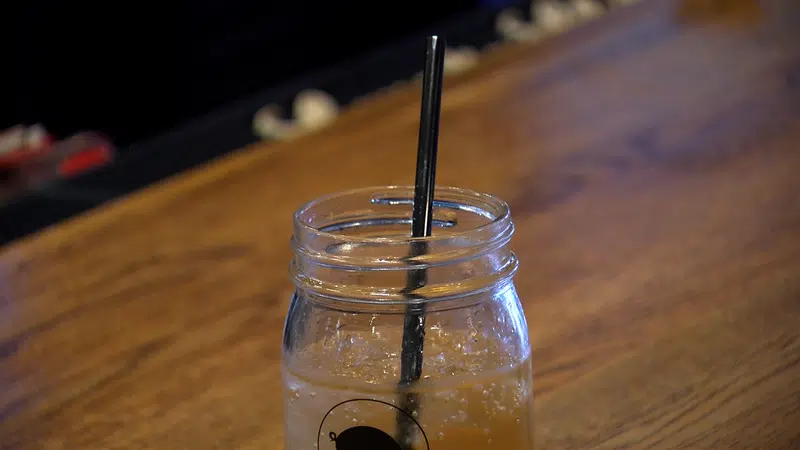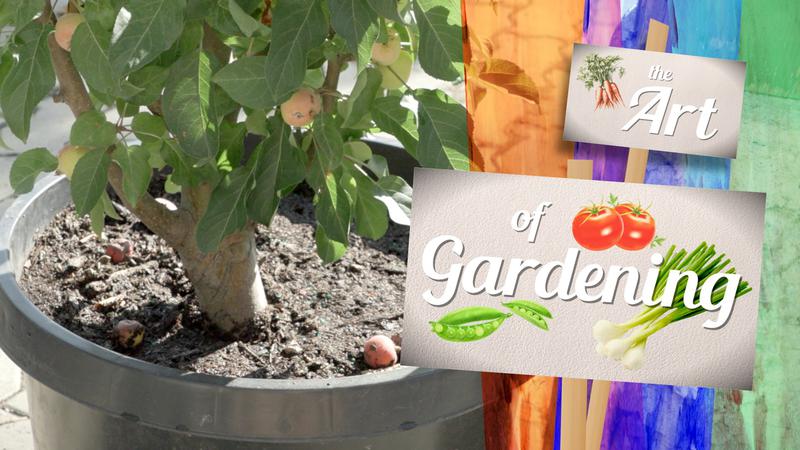
City of Kamloops calls nation-wide plan to ban single-use plastics ‘move in the right direction’
KAMLOOPS — Less than 10 per cent of all the plastics in Canada are recycled. The federal government is taking new measures to crackdown on the growing plastic problem.
Prime Minister Justin Trudeau says the ban on single-use plastics like straws, plastic cutlery, and bags would come into effect as early as 2021.
The City of Kamloops is applauding the move by the federal government.


